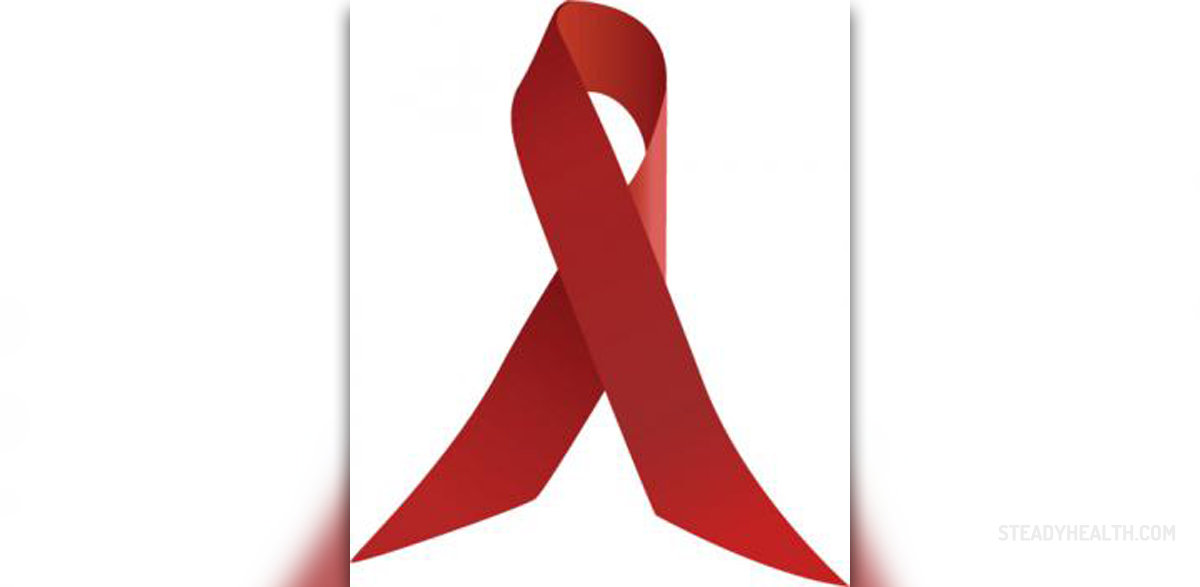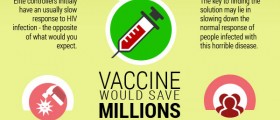
Human Immunodeficiency Virus (HIV)
HIV affects and weakens human immune system and it belongs to a group of the Retroviruses that are very aggressive and dangerous. They reassemble DNA in attempt to copy themselves, but another problem with them is that they mutate very easily, which makes creating a cure or vaccine even more difficult. Without strong immune system, our body simply cannot deal with infections, illnesses, diseases etc. HIV attacks one type of cell especially, called CD4 cells. In the beginning, organism will try to fight back and produce more of these cells, but at the end the number of CD4 cells will deteriorate and the immune system will stop functioning.
The most common method of HIV spreading is via sexual intercourse when body fluids are exchanged. Other ways include using the same needle, which is particularly dangerous and common in drug addicts, and unfortunately, pregnant women can transfer HIV to their babies. It is a well-known fact that so far no effective cure was found to deal with this virus, although some medications help with the symptoms and can prolong the onset of the illness, which is called AIDS (Acquired Immune Deficiency Syndrome). At this moment, immune system is severely damaged and life of the patient is threatened.
HIV medications and their side effects
As for HIV medications, even though there is no cure, there is almost a constant progress in creating the ones that are subduing the symptoms and postponing the onset. When HIV is diagnosed, several tests will have to be done in order to establish the amount of HIV and the strength level of the immune system.
There are about 30 medications that have a green light from US government to be used for fighting HIV and AIDS. Some of those are 3TC®, Atripla®, AZT®, Kaletra®, Ritonavir®, etc. As for their side effects, they are different for each medication group. Side effects for NRTIs or nucleoside reverse transcriptase inhibitors include nausea, vomiting, pain in abdominal area, intestinal pathway issues such as constipation and diarrhea, etc. These are the main side effects for this group, but there are also some less frequent, such as peripheral neuropathy, hypersensitivity, muscle pain etc. The second group of meds would be NNRTIs or non nucleoside reverse transcriptase inhibitors, and the side effects that occur from taking these include fever, headache, sometimes even anxiety and insomnia can happen. Protease inhibitors can also cause standard side effects like nausea, vomiting and headache, and there is also pain in the joints, exhaustion, anemia etc. Final group which refers to fusion inhibitors, unfortunately, has the same side effects.

















Your thoughts on this
Loading...